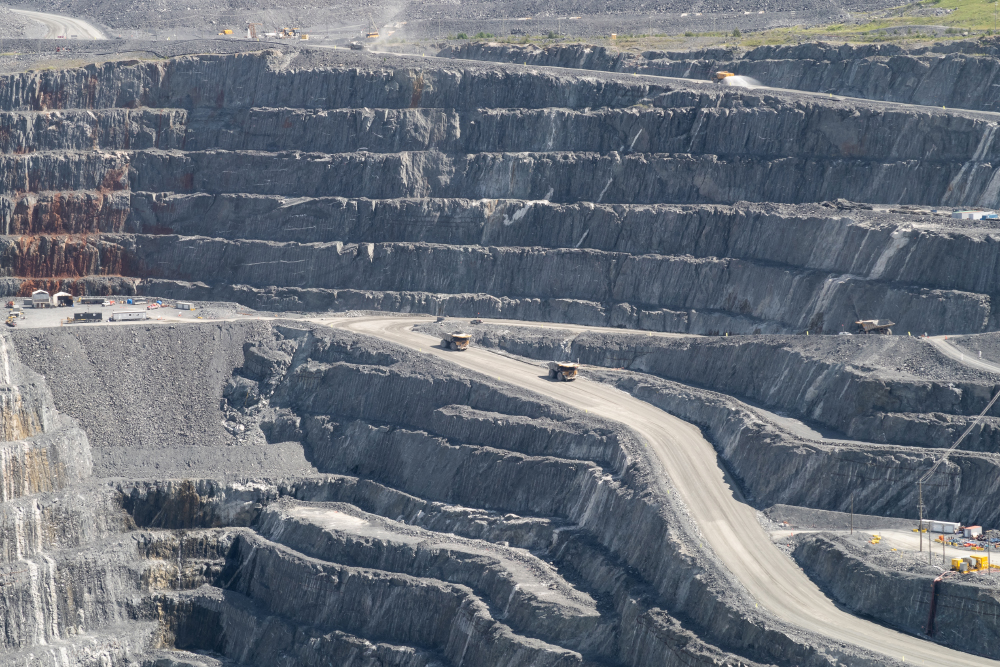Glencore continues to express interest in a tie-up with base metals producer Teck Resources. Recently, the multinational commodity trader and mining company proposed steps to address the Canadian firm’s concerns over carbon exposure as a result of any merger. The main source of contention for the deal is Teck’s coking coal operation. “Glencore is fully committed to ensuring that a transaction with Teck would benefit Canada and is open to working with Teck to identify a comprehensive suite of commitments for the benefit of all relevant stakeholders,” the Swiss-headquartered company said in its August 8 H1 report
In June, Glencore proposed acquiring Tecks’ coking coal business for cash. They would then de-merge CoalCo, the coal company Glencore initially proposed creating when it first announced its bid for Teck back on April 3. On June 11, Teck representatives said that Glencore’s offer is one of several currently being considered with regards to its coking coal business. This came after the company withdrew its May proposal to split the coking operation from its metals business.

Industry watchers attributed the May withdrawal to the influence of Glencore’s initial, unsolicited offer. Though the company publicly announced its intentions on April 4, it submitted its offer to Teck’s board on March 26. The proposed transaction initially outlined the creation of two standalone companies: one focusing on metals and one focusing on coal. Glencore would hold a 76% stake in the merger, while Teck would hold 24%. However, Teck rejected the offer on the same day. This was partly on the grounds that it would expose shareholders to thermal coal and oil trading. Could coking coal concerns derail one of the biggest metal deals this decades? MetalMiner’s free weekly newsletter provides up-to-date metal price intelligence to keep you informed of the latest market news.
Profits Down at Teck’s Coking Coal Operation
Elk Valley Resources (EVR) is Teck’s single coking coal asset. It sits on the border between the Canadian provinces of British Columbia and Alberta. Teck announced on July 26 that H1 production from the site totaled 11.8 million metric tons. This represents an 8.25% increase from 10.9 million metric tons seen in 2022. Meanwhile, sales of the material remained largely unchanged at 12.4 million metric tons. However, data from the company showed that the average realized price was down. Prices dropped by one-third to $273 per metric ton from $406.

“Glencore remains fully committed to ensuring that the proposed EVR acquisition. This would benefit Canada and is open to working with Teck to identify a comprehensive suite of commitments. This would be for the benefit of all relevant stakeholders,” Glencore representatives said. “[These would] maintain and, where feasible, enhance EVR’s existing presence and capital investments in Canada as well as its community, social, labor, and environmental programs.”
Time your metal purchases with expert sourcing advice and watch the metal purchasing savings happen. Lower average costs with precision with the Monthly Metals Outlook report. View a free sample and subscribe.
EBITDA Adjustments
In its H1 results, Glencore also announced an adjusted EBITDA of almost $9.4 billion, down about 50% from $18.9 billion. The decrease is due primarily to the normalization of energy market imbalances and extreme levels seen in 2022. “Industrial assets adjusted EBITDA of $7.4 billion, down 51%, impacted primarily by lower pricing.” Glencore noted that this was, “particularly in coal and inflationary cost impacts across the asset base, much of it lagging and heavily influenced by the surge in energy prices during 2022.”
Data from the firm also noted that revenues for the first six months of the year were down 20% to over $107 million, a significant decline from the $134 million seen over the same time in 2022.
Looking for steel price forecasting and data analysis in one easy-to-use platform? Inquire about MetalMiner Insights today!



